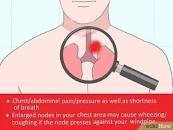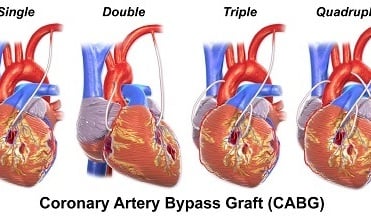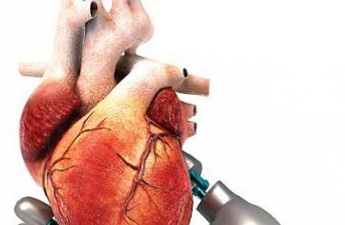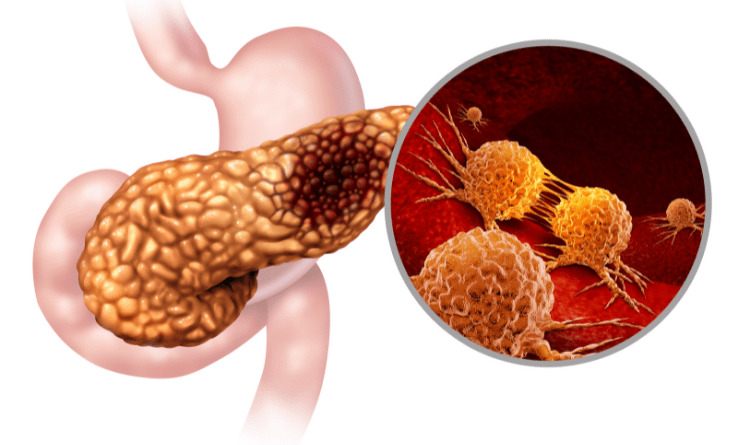Castleman Disease

Castleman Disease
It’s a rare disorder involving an overgrowth of cells in the body's lymph nodes. This common form of the disorder affects a single lymph node, usually in the chest or abdomen. Multiple lymph nodes throughout the body are affected by multicentric Castleman disease that is associated with human herpesvirus type 8 (HHV-8) and human immunodeficiency virus (HIV). Treatment and outlook may vary, depending on the type of Castleman disease. The type that affects only one lymph node can be treated with surgery.
Symptoms
Unicentric Castleman disease does not show any signs or symptoms. During a physical exam or an imaging test, an enlarged lymph node can be detected for some unrelated problem. Unicentric Castleman disease might experience few signs and symptoms more common to multicentric Castleman disease, which include:
- Fever
- Night sweats
- Nausea
- Enlarged liver or spleen
- Unintended weight loss
- Fatigue
Causes
The causes of Castleman disease are still not clear. However, infection by a virus human herpesvirus 8 (HHV-8) is associated with multicentric Castleman disease.
The HHV-8 virus has also been linked to the development of Kaposi's sarcoma which is a cancerous tumor. It can be a complication of HIV/AIDS. As per the studies HHV-8 is present in almost all HIV-positive people who have Castleman disease.
Diagnosis
- Blood and urine test
- Imaging test – CT scan, MRI and PET scan
- Lymph node biopsy
Treatment
Unicentric Castleman disease
It can be cured by surgically removing the lymph node. The lymph node in the chest or abdomen requires major surgery. When surgical removal isn't possible, medicines are used to shrink the lymph node. Radiation therapy also proves to be an effective way to destroy the affected tissue. In order to check the relapse, you will need follow-up exams.
Multicentric Castleman disease
Treatment for multicentric Castleman disease generally involves therapies and medications in order to control cell overgrowth. Specific treatment varies to the extent of your disease and HIV or HHV-8 infection or both.
Multicentric Castleman disease treatment options include:
- Immunotherapy. Drugs such as siltuximab or rituximab are used to block the action of a protein that is produced in excess in people suffering from multicentric Castleman disease.
- Chemotherapy. It helps to slow the overgrowth of lymphatic cells. When the disease does not respond to immunotherapy your doctor will add chemotherapy.
- Corticosteroids. These drugs are added to control inflammation.
- Antiviral drugs. These drugs are helpful to block the activity of HHV-8 or HIV if you are suffering from one or both of those viruses.
Get in Touch with Medical Experts
Most Searched Blog

Heart Surgery

Heart Transplant

Atrial Septal Defect
